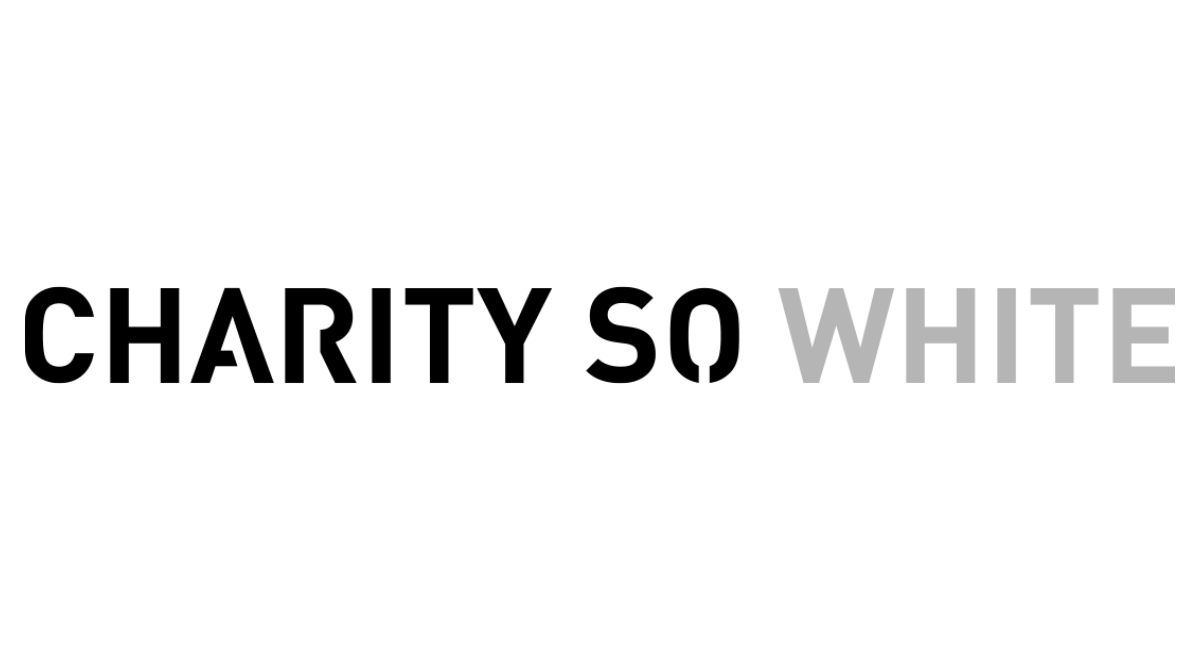Frequently Asked Questions
What is #CharitySoWhite?
#CharitySoWhite is a grassroots campaign that aims to tackle the issue of institutional racism in the charity sector. To find out more about our history, take a look at Our Story.
What is your vision?
Our vision is of a charity sector that is taking the lead on tackling and rooting out racism. We want to see a shift in fundamental structures across the charity sector, where our sector, leaders and decision-makers reflect the communities that we work with.
Unless we take serious and urgent action to tackle racism, social justice will not and cannot prevail. This will take investment and commitment and means leaders prioritising taking action and accountability, in order to bring about systemic change.
What do you do?
We work with BAME/PoC people in the sector to build power and challenge structural racism. We speak at panels and events, run workshops, support BAME networks within organisations, engage with senior management, and assess the impact of policy – especially that of funders. This is not an exhaustive list, and our priorities change with the context, but this is a taste of what we’ve been up to.
How do you define racism?
We believe that ‘structural racism is encrypted in the very fabric of our society, our history, our institutions and our policies.’ (Runnymede Trust, 2019). Racism affects who works in the charity sector, who gets funding, what issues are prioritised, how strategies are developed and who is prioritised to receive help. You can read more about our definition of racism here.
Who are you?
We are a voluntary group of BAME people committed to ending institutional racism who work in and around the charity sector. We reject the obsession the charity sector has with funders and operate with a collective voice as it enables us to provide meaningful representation and ensures the sustainability of our group.
Who funds you?
We are primarily funded by individual donations from people within the sector. Where we provide services to organisations e.g. workshops or panel appearances we seek to be remunerated appropriately for our time and those funds contribute to the running of the organisation.
How do I get involved?
We are always looking for people eager to get involved with our work. If you’d like to offer your skills/time please get in touch at charitysowhite@gmail.com. We currently operate on a voluntary basis but are considering ways to provide remuneration to people, particularly freelancers, who support our work.
I want to disclose racism within the sector, where do I go?
While we cannot provide legal advice, we are able to provide support and signposting for people within the sector who have experienced racism. Get in touch with us at charityshowhite@gmail.com.
How do I support your work?
All the committee members are volunteers and we do not accept institutional funding so we are always in need of donations to keep our work going. Please click [here] to contribute.
I’m a white ally, what can I do?
Thank you for engaging with our work. The first step is to share our message - on twitter. The second is to sign up to our mailing list. The third is to compensate us for our work – all the committee members are volunteers and we do not accept institutional funding. You can donate here.
What are your questions to leaders in the charity sector?
As a first step towards change we ask every leadership team across the sector to: prioritise critical reflection and candid conversation on the following questions, seek accountability by making their reflections public and to share a statement acknowledging the failings of the past and commitment to actively tackle racism in their organisation.
What is the makeup of our leadership team? What experiences are shaping our world views? How does this impact how well we are able to serve our users? Given this, what views are missing?
Where does power and decision making lie in our organisation? How are people of colour represented in relation to this? How does this impact how well we are able to serve our users?
How might external structures of inequality be manifesting themselves inside our organisation? How would tackling institutional racism mean we were better able to serve our users?
How well does the culture at our organisation serve staff of colour? How do we actively invest in and support our staff of colour? Would people of colour at our organisation feel comfortable or able to share their experiences of racism?
How have we worked with others in the sector in the past to make impact/tackle issues? What would enable us to do this more often / more meaningfully?
How can we begin to share these reflections and conversations with our funders?
